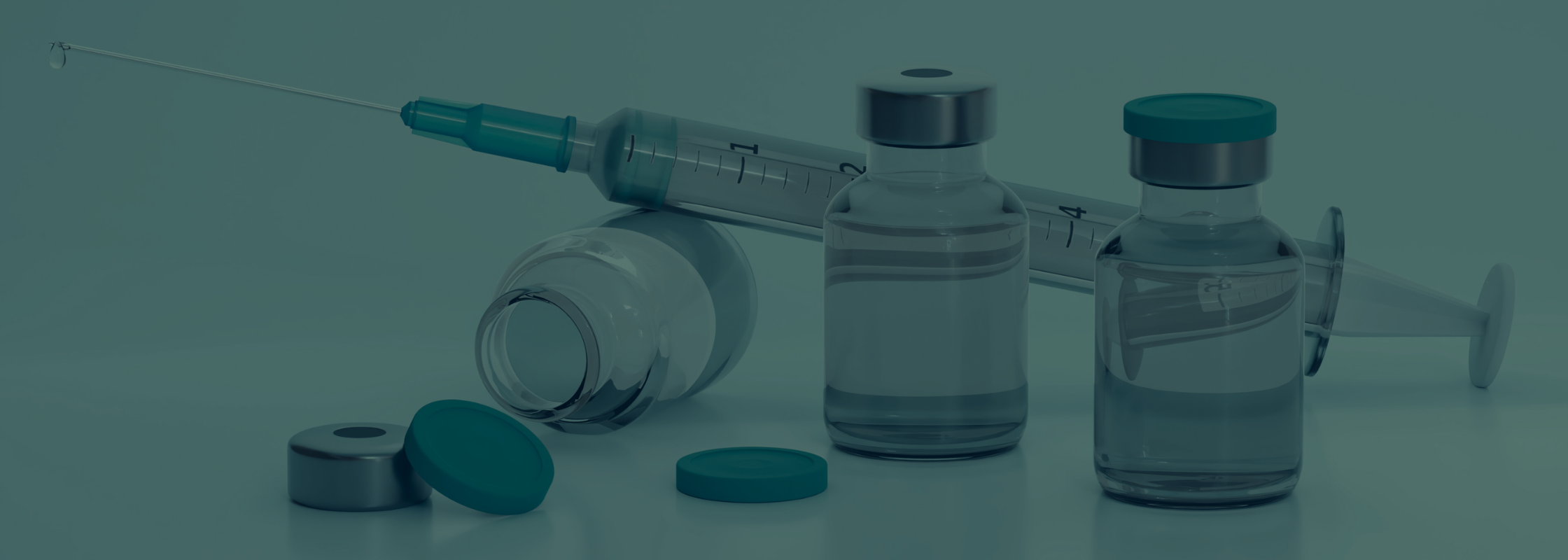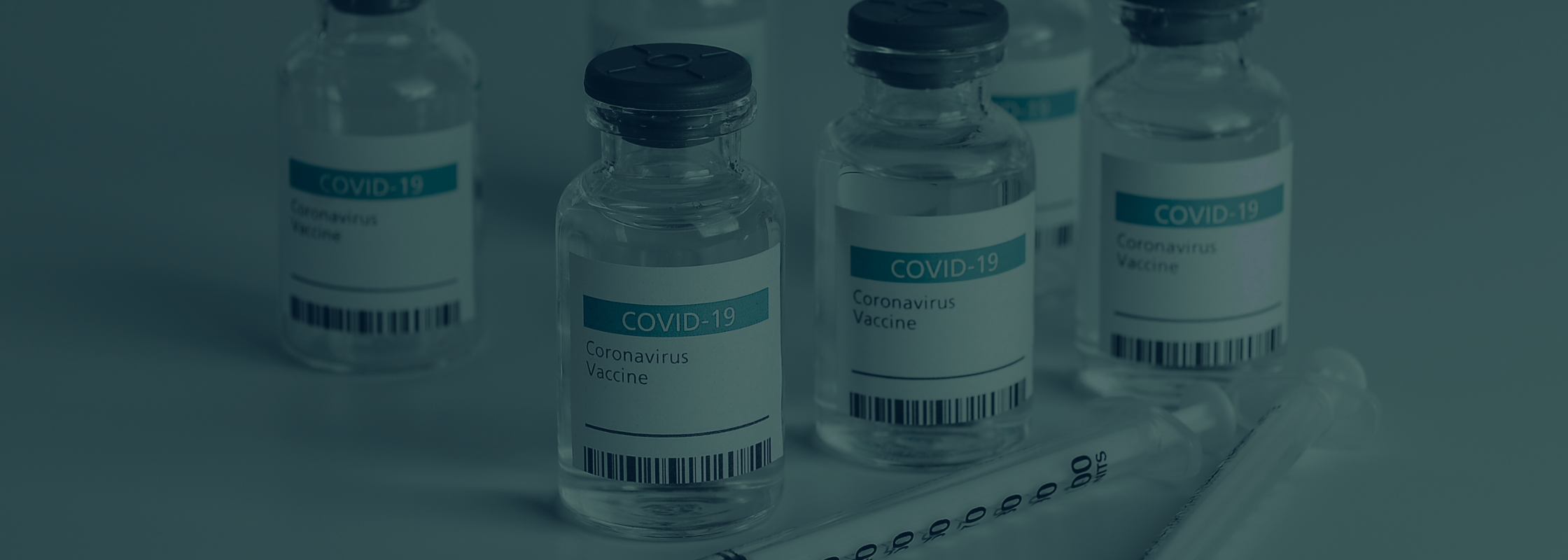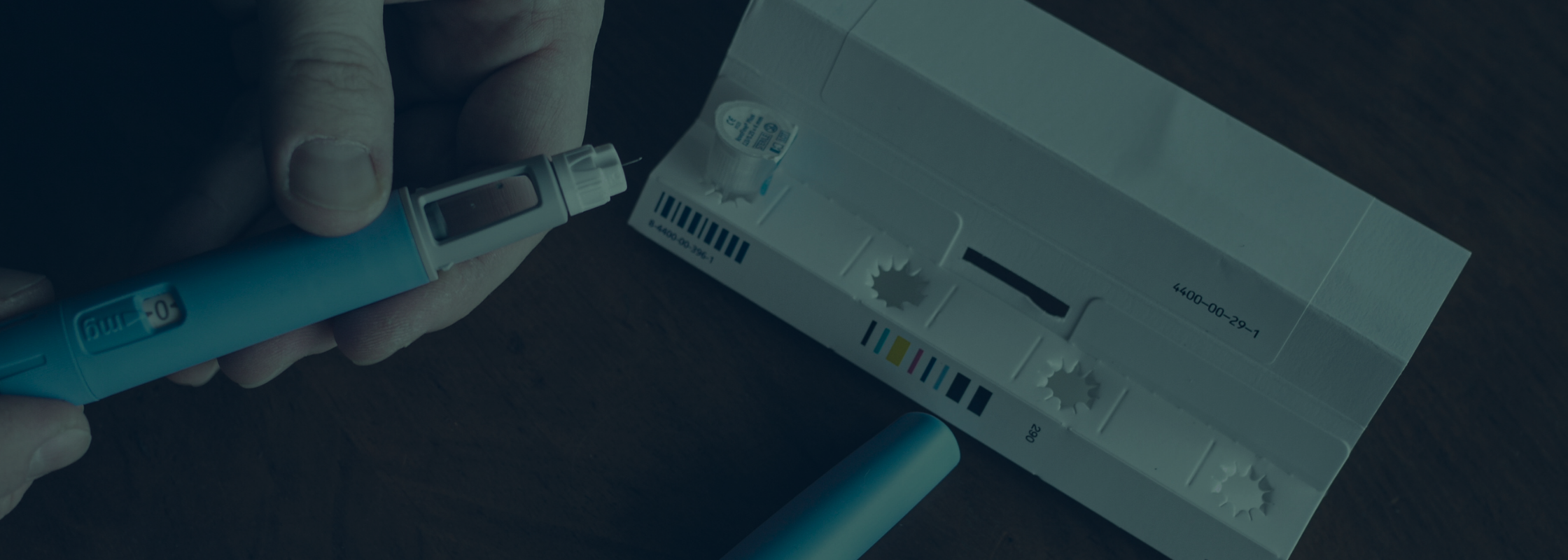Clinical Trial Imports into Egypt: Challenges & Solutions
The MENA (Middle East and North Africa) region offers significant opportunities for new drug development due to its large patient populations, highly qualified medical personnel, and increasingly sophisticated regulatory environments. This expanding region for biopharmaceutical development makes it a prime location to conduct clinical trials in countries like Egypt. However, navigating the import-export regulations and the approval process can prove to be a formidable challenge for clinical trial imports into Egypt. The importing challenges facing clinical trials in Egypt are compounded by the following:
- A lengthy approval process and bureaucracy.
- An intricate tax system
- The influence of religion and religious days
- Language barriers
- Finding reputable local representation
This blog will explore the importing challenges facing clinical trials in Egypt and how partnering with a dependable medical Importer of Record (IOR) can help ensure a successful outcome.
1. Lengthy Approval Process and Bureaucracy
There are several bureaucratic regulations and ethical practices that affect the approval process for clinical trials in Egypt:
Regulatory Approval
Before a clinical trial can be conducted in Egypt, it must receive regulatory approval from the Egyptian Drug Authority (EDA). The EDA is responsible for ensuring the safety and efficacy of all drugs and medical devices in the country. To obtain approval, the trial sponsor must submit an application, including the trial design details, the drug or device being tested, and the study population. The EDA will review the application to ensure that the trial meets all the regulatory requirements before issuing approval.
Ethics Committee Review
In addition to regulatory approval, clinical trials in Egypt are also subject to review by an ethics committee, which is responsible for ensuring that the trial is conducted in an ethical manner and that the rights and welfare of the participants are protected. The ethics committee will review the trial design, the informed consent process, and any other aspects of the trial that may affect the participants.
Informed Consent
In Egypt, participants in a clinical trial must provide informed consent before participating. This means that they must be fully informed about the nature of the trial, the potential risks and benefits, and their rights as participants. The informed consent process must be conducted in accordance with the regulations and guidelines established by the EDA and the ethics committee.
Due to the above, the approval process for clinical trials in Egypt can be lengthy, taking anywhere from six months to a year or more. This depends on the complexity of the trial and the quality of the application submitted. The EDA has 90 days to review the application and issue a decision, but this timeline can be extended if the EDA requires additional information or if there are any issues or concerns with the application. The ethics committee may also require revisions to the trial design or informed consent process, which can also add time to the approval process.
2. Intricate tax system
Taxes add significant costs to the overall budget of a trial, making it more difficult for researchers to secure funding and for companies to conduct trials in Egypt.
The tax system in Egypt includes value-added tax (VAT) and customs duties, both of which can majorly impact the overall budget of a clinical trial. The VAT rate in Egypt is currently 14%, and it is applied to the value of the imported goods, as well as any applicable customs duties. Customs duties in Egypt can vary depending on the type of product and the country of origin, but they can be as high as 40% for some products.
In addition to taxes and duties, there may be other fees associated with importing clinical goods into Egypt, such as clearance fees, handling fees, and storage fees. These costs can add up quickly and make it more difficult for researchers and companies to conduct trials in Egypt, particularly if they are working with limited budgets.
To prevent additional importing challenges facing clinical trials in Egypt, it is recommended to factor all the associated costs, including taxes, duties, and fees, into the overall budget for the trial, to avoid any unexpected costs or delays in the importation process.
3. Influence of religion and religious days on clinical deployments
Egypt is a predominantly Muslim country, and Islamic holidays and customs are part of daily life. Understanding and respecting these customs is essential for ensuring a smooth and successful clinical trial.
During Islamic holidays, such as Ramadan, which is the holy month of fasting, many people in Egypt may have different working hours and schedules, which can affect the timing of clinical trials and the availability of study participants. Researchers should be aware of these customs and plan their trials accordingly to avoid any scheduling conflicts or delays.
When shipping medical goods to Egypt, it is also important to be aware of any restrictions on the importation of certain products, such as those that may conflict with Islamic customs or beliefs. For example, some types of medication may contain alcohol, which is prohibited in Islam, and may require special approval or labeling to ensure that they are acceptable for use in Egypt.
4. Language Barriers
While Arabic is the official language of Egypt, English is widely spoken and understood in the scientific and medical communities. However, not all Egyptians may be fluent in English, especially in more rural areas.
To conduct successful clinical trials in Egypt, it is crucial to prioritize clear communication with study participants and regulatory authorities. This involves translating all study materials, such as informed consent forms, study protocols, and patient information sheets, into Arabic to ensure complete comprehension of the study and participants’ involvement in it. Furthermore, proficiency in Arabic is essential for study staff, such as investigators and coordinators, to effectively communicate with participants and address any inquiries or concerns promptly.
When importing medical goods into Egypt, it is imperative to follow proper regulatory requirements, which includes having all necessary documentation, such as shipping and customs documentation, translated into Arabic.
5. Finding Reputable Local Representation
Finding the right local representation, such as a contract research organization (CRO) or clinical site, is a critical step in the clinical trial life cycle. However, this can be a difficult task as sponsors need to ensure compliance with local regulations, appropriate treatment of study participants, and efficient conduct of the trial.
One of the leading challenges is identifying a reliable and experienced local partner with adequate expertise and resources to support the trial. Cultural and language barriers can exacerbate the problem of effective communication with local partners and stakeholders. This can result in misunderstandings or miscommunications that can compromise the trial’s quality or delay its approval process.
Another concern is ensuring that local partners are aligned with the sponsor’s goals and objectives for the trial. This can include ensuring that local partners have the same understanding of the trial design. Local partners should also be committed to recruiting and treating study participants in a consistent and ethical manner.
How to ensure successful clinical trial imports into Egypt
Shipping complications in Egypt pose significant challenges for researchers and companies conducting clinical trials in the country. These obstacles can hinder secure funding, regulatory compliance, and approval processes. Thus slowing down the development of new treatments and therapies for patients.
To overcome these complications, it is essential to collaborate with a legally registered IOR in Egypt. The IOR should have a valid commercial registration and a suitable license to import specific products. Additionally, the IOR should be reputable and well-versed in customs regulations, import/export controls, and tax laws.
As a specialist medical IOR experienced in clinical trial imports into Egypt, TecEx Medical can help navigate the complex regulatory environment and ensure compliance with all relevant laws and regulations.
Our services streamline the import process. We minimize delays, and reduce costs associated with Egypt’s high import taxes, language barriers, and bureaucratic challenges. We provide a comprehensive solution that ensures a successful clinical trial deployment in Egypt.
Make clinical deployments in Egypt easier by contacting TecEx Medical today.





